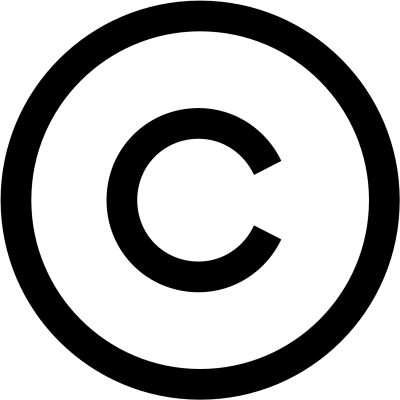April 2022
Directive (EU) 2019 / 790 of the European Parliament and of the Council of 17 April 2019 on copyright and related rights in the Digital Single Market has been transposed into the Romanian copyright law no. 8 / 1996, with provisions being mandatory for all publishing contracts concluded after June 7th, 2022. Of particular interest to literary translators are the following amendments:
- authors are entitled to an appropriate and fair remuneration;
- the transparency obligation;
- authors (or their mandated representatives) are entitled to claim additional remuneration where the initial one turns out to be disproportionately low compared to all relevant revenues from the exploitation of their work;
- the possibility of solving disputes concerning the transparency obligation and the contract adjustment mechanism by mediation;
- authors are entitled to revoke the license or transfer of rights in case of a lack of exploitation of the work.
While encouraging that the DSM Directive provisions most relevant for literary translators have been transposed into the law text, vague wordings may make many of them difficult to put into practice. Below are the respective law articles in brief, accompanied by translators` notes of concern:
1. When authors and performers license or transfer their exclusive rights for the exploitation of their works or other subject matter, they are entitled to receive a remuneration appropriate and proportionate to the economic value of the licensed or transferred rights, taking into account their contribution to the work or other protected objects as a whole, or its/their actual exploitation and the market practices. The payment of a lump sum may constitute appropriate and proportionate remuneration in the absence of any contractual clause to the contrary, but it is not the rule [Art. 40^1 (1), (2)].
NOTE: The current practices may not substantially change, as publishers might invoke the contractual freedom principle and stick to lump sum payments as fair remuneration.
2. Authors and performers shall receive information on the exploitation of their works or performances, from their successors-in-title or from the parties to whom they have licensed or transferred their rights, taking into account the characteristics of each sector. The information provided must be easy to understand, up to date, comprehensive, relevant, pertinent, to include all modes of exploitation and all sources of revenue and must be submitted regularly, at least once a year. This obligation shall be proportionate and effective in ensuring a high level of transparency in each sector. In duly justified cases, where the administrative burden resulting from this obligation would become disproportionate compared to the net revenue generated by the exploitation of the work or performance, this obligation is limited to the types and level of information that can be reasonably expected in such cases. This obligation shall not apply to contracts concluded with collective management organizations or independent management entities [Art. 40^2 (1), (2), (5), (6), (8)].
NOTE: Some editors maintain that the transparency obligation only applies to original works (a practice already in place) and is not mandatory for derivative works. Publishers might invoke the “disproportionate“ administrative burden to evade this obligation, and the law does not specify what exactly are the types and level of information that can be "reasonably" expected in such cases.
3. In the absence of collective agreements providing for a mechanism comparable to the contract adjustment mechanism, authors and performers shall be entitled, including through their representatives, to appropriate and fair additional remuneration from the party to whom they have licensed their rights or from their successors-in-title, whenever the remuneration initially agreed proves to be disproportionately low compared to all subsequent relevant net revenues derived from the exploitation of the works or performances, and significantly higher than initially estimated. These provisions shall not apply to contracts concluded with collective management organizations or independent management entities, nor whenever the authors or performers receive a remuneration proportionate to the net revenues derived from the exploitation of the works or performances. [Art. 45^1 (1), (2)]
NOTE: The phrase “disproportionately low” is rather vague.
4. Disputes concerning the transparency obligation and the contract adjustment mechanism may be subject to mediation. Professional associations of authors may initiate such procedures at the specific request of one or more authors. [Art. 45^2 (1), (2)] Contractual clauses contrary to provisions concerning the transparency obligation, contract adjustment mechanism and mediation are forbidden. [Art. 48^2]
5. Authors may revoke the licence or transfer of rights, in whole or in part, in case of non-exploitation of their works. Authors may choose to terminate the exclusive character of the contract instead of revoking the licence or transfer of rights. The revocation may not be requested before the expiry of three years since the date the contract of licence or transfer of rights was concluded [Art. 48^1 (1), (3), (4)].
